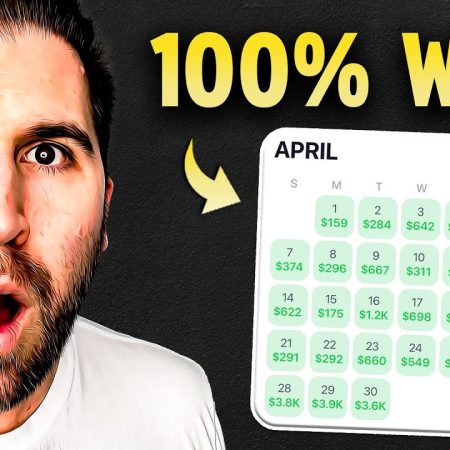Video Summary
A group of friends are heading to the horse-racing and one of them, eager to make a smart bet, decides to use his knowledge of math and probability to make an informed decision. He initially considers placing a single bet on one of the three horses, but then has an idea – what if he hedges his bet by placing separate wagers on all three horses? This way, he would win a guaranteed amount, even if only one of the horses comes in first. However, he decides to take it a step further, using a technique called an accumulator bet. This involves placing separate bets on each horse to win, but with a twist – only if all three horses win will he receive a payout.
Using probability, he calculates the chances of each horse winning, and then multiplies them together to get a total probability of all three winning. This gives him a long shot, but a potentially huge payout. To make it even more exciting, he decides to place a larger bet on the favorite, hoping to get a bigger payout. With a combined stake of 62 pounds, a win would result in 100 pounds, and with the accumulator bet, a 16,830 pound payout would be possible. However, he recognizes that in the real world, there may be factors that affect the outcomes, such as jockeys' performance or steroid use, and that knowing more about horse racing would likely provide an edge in making a more informed decision.
Mathematical comedienne Timandra Harkness trots through the odds of betting on a winning horse. Famous Race Horses: …
Mathematical comedienne Timandra Harkness trots through the odds of betting on a winning horse. Famous Race Horses: …
















